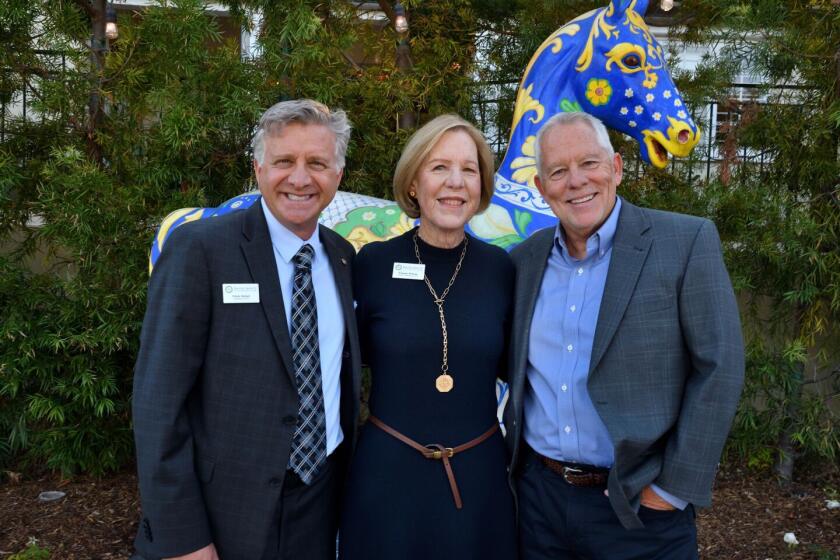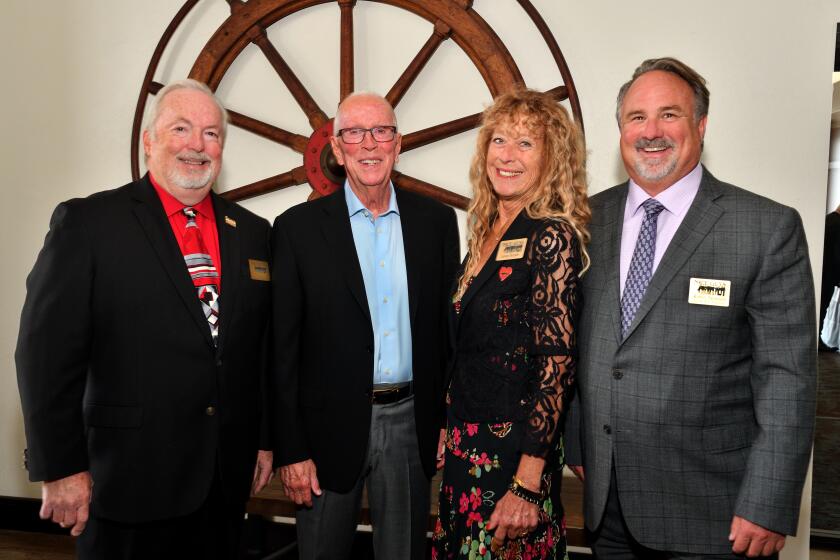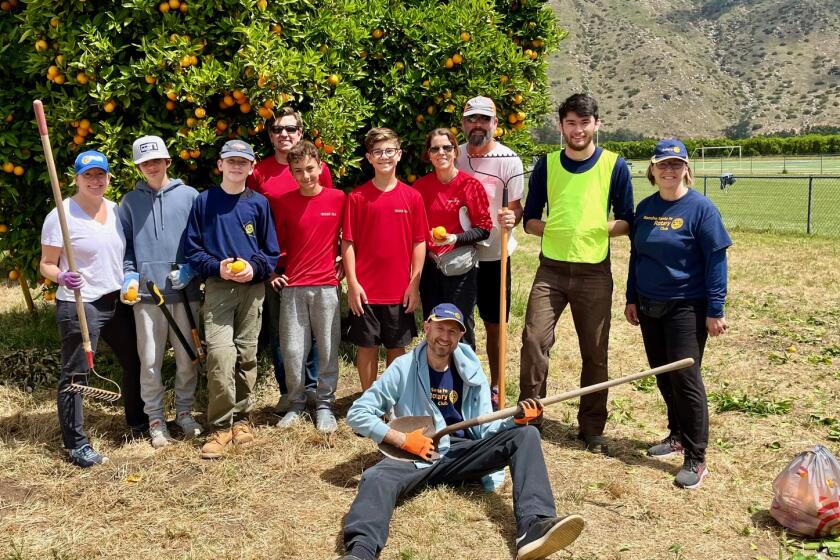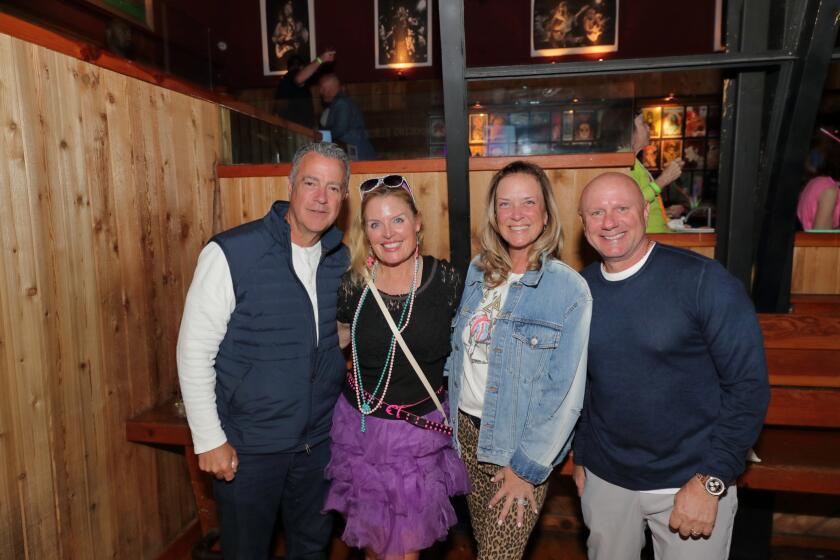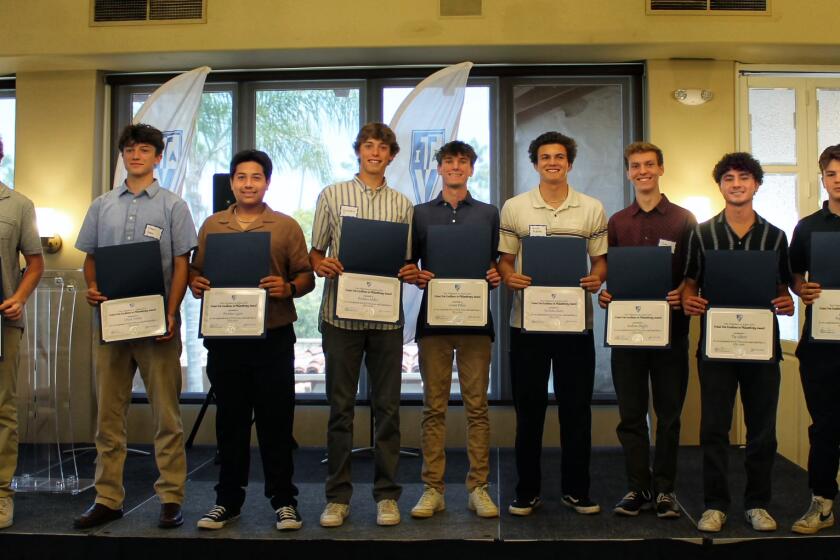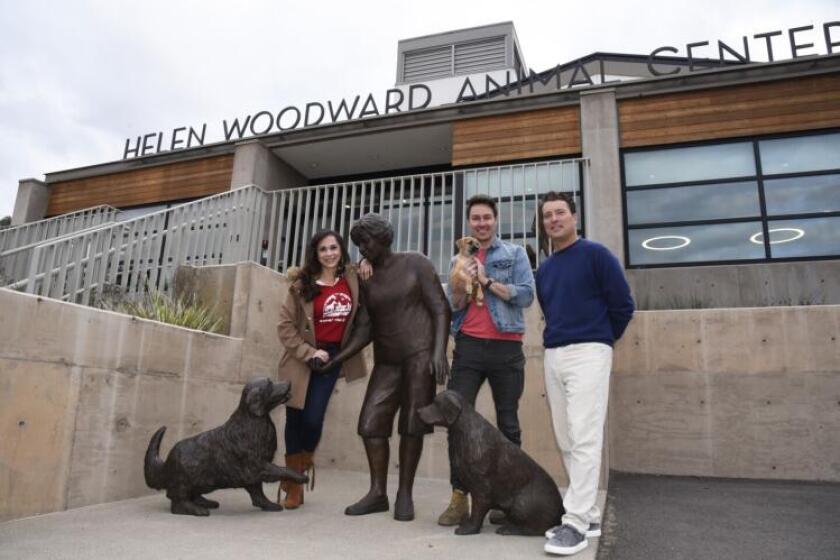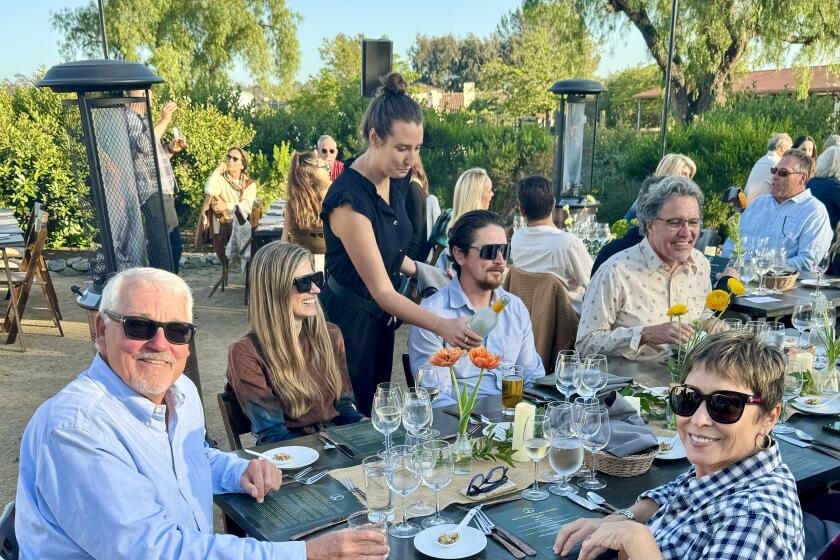Scholar to diagnose California’s problems, propose fixes at Freedom Frontline event
Scholar, author and syndicated columnist Victor Davis Hanson will speak at the Fairbanks Ranch Country Club on Thursday, Jan. 25, delivering a talk on what he sees as the ails facing the state of California and how to fix the problems.
The talk, titled “Making California Golden Again,” is sponsored by Freedom Frontline, and is open to both group members and the general public. Tickets start at $75 for members and $100 for non-members for the open-seating dinner beginning at 7 p.m. Tickets for a 5:30 p.m. hosted reception, which includes reserved dinner seating and a copy of Hanson’s latest book, “The Second World Wars,” are $150 for members and $175 for non-members.
The emcee for the event will be Brett Winterble, who hosts an afternoon radio talk show on 760 KFMB.
To register for the event, visit www.FreedomFrontline.com or call 858-756-5759.
Hanson, a fifth-generation Californian, lives near Fresno on a farm that now produces almonds. He is a senior fellow at the Hoover Institution, and his areas of focus are military history and classics. He writes a syndicated column for Tribune Media Services and also writes for the National Review.
In a telephone interview, Hanson said his talk will offer “a diagnosis of what’s ailing the state.”
Those ills, according to Hanson, include high taxes, low-performing schools and infrastructure in need of repair and upgrades.
During his talk, Hanson said, he will also discuss the root causes of the problems plaguing the state, which he described as a lack of proper debate on legislation due to the dominance of one party, the Democrats, in state government; along with illegal immigration and pension costs that burden state finances.
A high percentage of illegal immigrants to the U.S. settle in California, said Hanson. “That has taxed social services.” The state also has unfunded pension liabilities, he said. “The pension system is a contributing cause of the financial uncertainty in the state.”
The last part of his talk, Hanson said, will focus on solutions, such as cutting taxes and regulations to help attract and keep businesses in California, improving the transportation system, particularly roads, bridges and freeways, and barring so-called sanctuary cities, which generally decline to assist federal officials in enforcement of U.S. immigration laws.
Hanson has a rich background of scholarship and research, which he draws upon for his writings on a variety of topics, from military history, to classical literature and culture, to contemporary politics.
In a recent column for the National Review, which contrasted President Donald Trump with his predecessor, Barack Obama, Hanson wrote, “Even (Trump’s) critics sometimes concede that his economic and foreign-policy agendas are bringing dividends. In some sense, it is not so much because of innovative policy, but rather that he is simply bullying his way back to basics we’ve forgotten over the past decades.”
Hanson has written or edited 23 books. His most recent, “The Second World Wars,” was published in October and, according to a description on Amazon.com, “examines how combat unfolded in the air, at sea, and on land to show how distinct conflicts among disparate combatants coalesced into one interconnected global war.”
In his academic career, Hanson taught classical languages, such as Latin and Greek, and he has written several books on the ancient world, as well as volumes on military history, chronicling conflicts going back to the Peloponnesian War between Athens and Sparta, and other long-ago wars.
In “Mexifornia,” published in 2003 and updated in 2007, Hanson contended that massive illegal immigration from Mexico has transformed the state. Hanson wrote, “... we Californians have been inadequate in meeting this challenge, both failing to control our borders with Mexico and to integrate the new alien population into our mainstream.”
At the Hoover Institution, Hanson’s focus is on classics and military history. In the past, he was a professor of classics at Fresno State. He continues to teach an annual history course at Hillsdale College in Michigan.
He lives southwest of Fresno in the town of Selma, in a farmhouse that has been in his family for five generations. Hanson used to grow raisin grapes on his 40-plus acres, but has since switched to almonds, which he said cost less to produce.
For more information on Hanson, visit victorhanson.com
Get the RSF Review weekly in your inbox
Latest news from Rancho Santa Fe every Thursday for free
You may occasionally receive promotional content from the Rancho Santa Fe Review.
